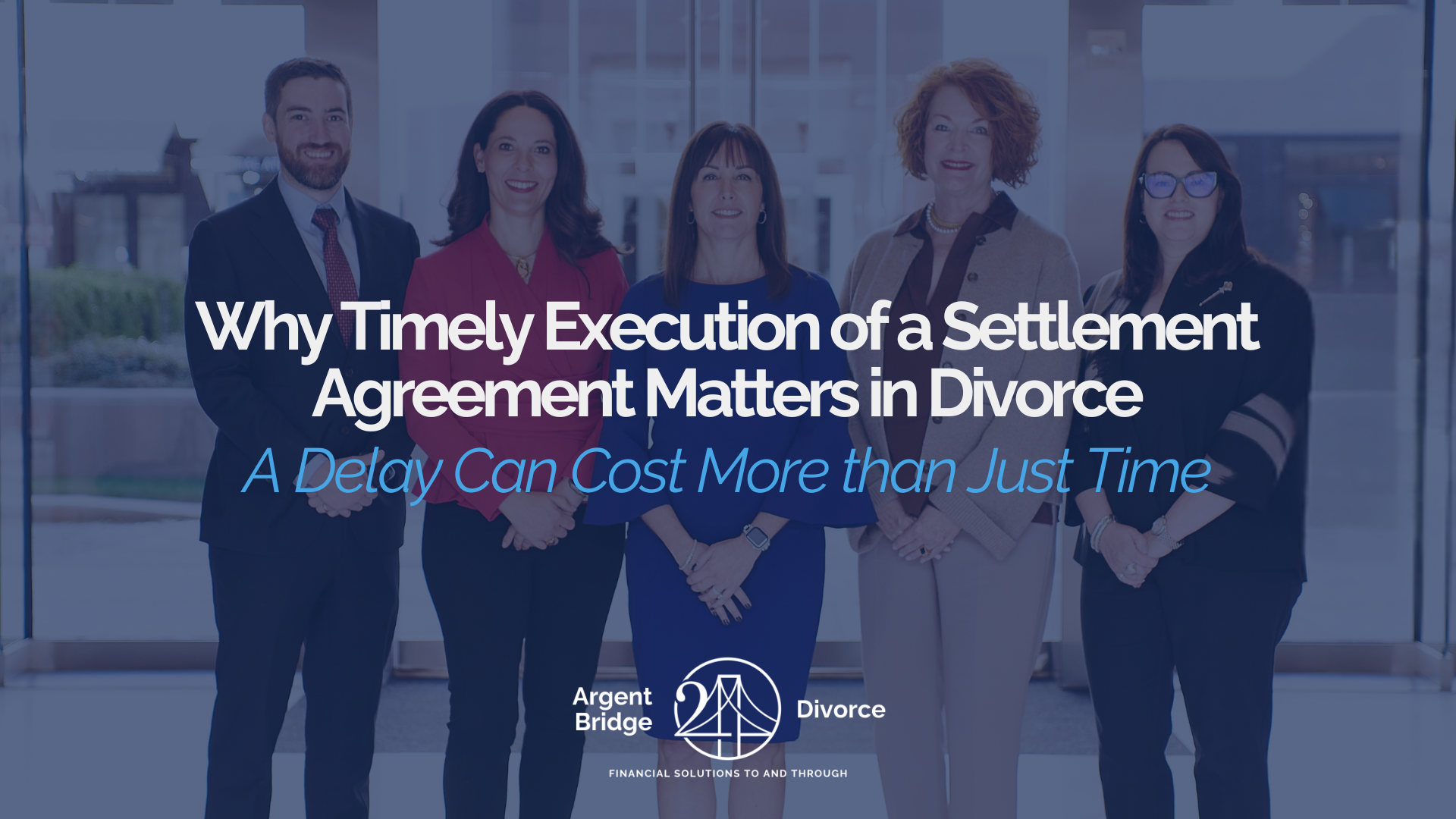Divorce is often a devastating process. Even the most amicable divorces can cause financial hardship and strain. Financial issues which arise in divorce can make the process even more stressful and exhausting. Fortunately, financial advisors in Virginia can help you avoid this potential extra stress.

Financial Issues in Divorce
Establishing and maintaining two individual households can be very difficult, and in the division many important things like life insurance, asset protection, and long-term care fall to the wayside. Unfortunately, these are crucial components to consider in the process of a divorce and should be prioritized.
Why It’s Important
Generally, if the court awards child support or alimony, it requires the spouse paying the support to have a life insurance plan in place. If a policy already exists, the spouse is usually required to keep it. Spouses will need to work together with their attorneys to decide the amount of the policy, who owns the policy, who pays premiums, who the beneficiaries will be and how much of the policy goes to each beneficiary.
[Related: Preparing for Divorce]
Existing Life Insurance
Many married couples purchase life insurance to cover existing or anticipated debts and other financial responsibilities. However, when a couple divorces, these obligations may remain. Therefore, existing life insurance considerations are a very important part of divorce.
You will likely be required to provide documentation of all current assets, liabilities, insurance policies and more during a divorce. This inventory will help your divorce proceed smoothly but the way you handle life insurance requirements will depend on your current and future needs, as well as the affordability of keeping the policies. For example, if you and your spouse each have a term life insurance policy and decide to keep the policies, you might each choose to be both the owner and beneficiary for the other person’s policy.
If you have a cash value policy, you may choose to terminate the policy and divide the cash value equally with your spouse. You may need to consider surrender charges, which reduce the cash value of a policy.
Considerations
You should speak to your divorce attorney about any existing life insurance policies but remember the fundamentals of why you purchased the policy in the first place. Then, you can determine the future purpose of the existing and new policies in the context of the divorce.
Since life insurance is typically part of a broader estate or financial plan, you would be wise to consult your financial advisor as well.
Consider the following:
- What will happen to my life insurance policies after my divorce?
- How do I verify that my ex-spouse is insured?
- How do we calculate the appropriate amount of life insurance?
- What insurance obligations will I have after my divorce?
Your financial advisor will help guide you and assess the affordability of life insurance, as well as the amount of coverage you might need.
Life Insurance in Divorce
Choosing the right kind of life insurance is also important. Typically, term life insurance is a good solution for most people. Divorce is complex, both financially and emotionally. Since your life insurance needs will depend on your financial situation, it is crucial to assess all your options, and your long-term financial plans, to determine the best choice for protecting your assets after a divorce. The professionals at Argent Bridge Advisors have the knowledge, experience, and skill to guide you through this process. Contact us today to learn more!
[Request Our Divorce Checklist and Join Our Second Saturday or Done with Divorce Seminars]





